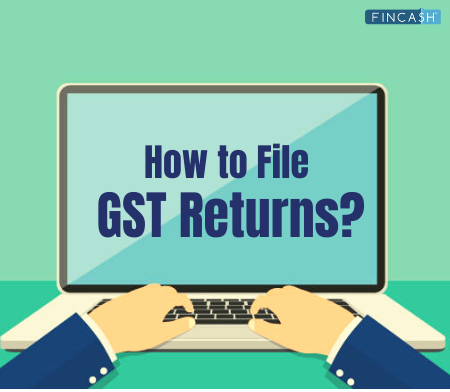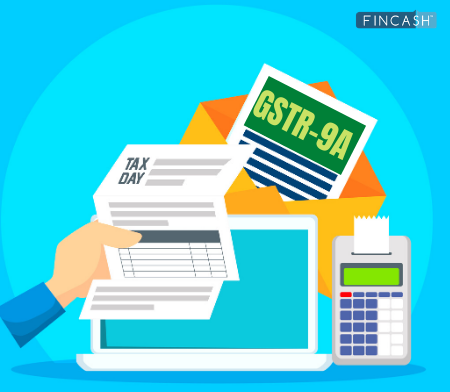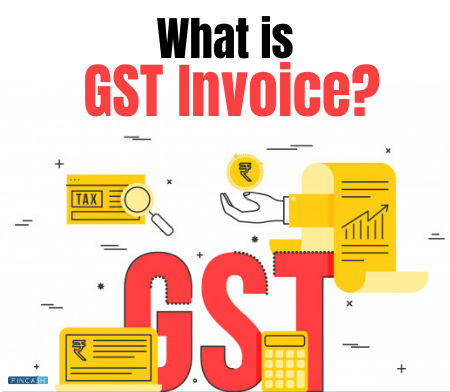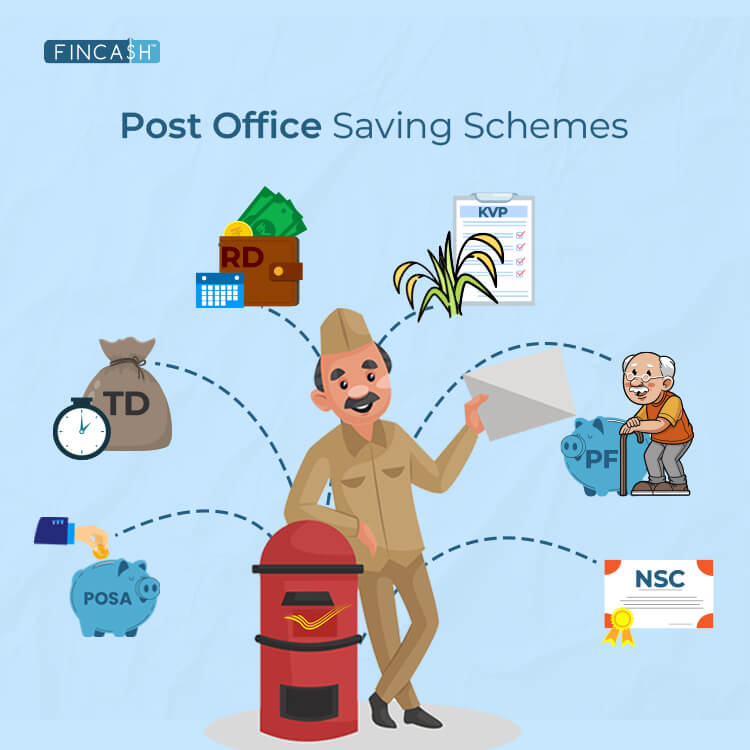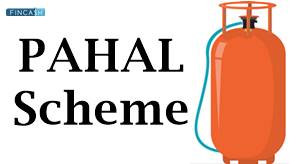GST Composition Scheme- What is GST Composition Scheme?
The Goods and Services (GST) Composition Scheme is a simple scheme under the GST regime for taxpayers. It helps small taxpayers save time from the various time-consuming formalities. However, this scheme is for small taxpayers with a turnover of less than Rs. 1 crore. It is beneficial to small suppliers, intrastate local suppliers, etc. It was introduced to safeguard the interests of small businesses.
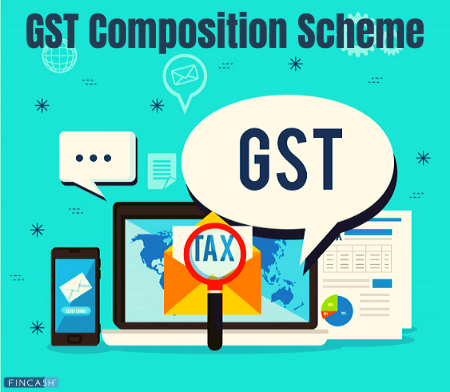
Who can opt for GST Composition Scheme?
A taxpayer with turnover below Rs. 1 crore can opt for the scheme. According to the Central Goods and Services (Amendment) Act 2018, from February 1, 2019, a composition dealer can supply services to an extent or 10% of turnover or Rs. 5 lakhs, whichever is higher. On 10th January 2019, the GST Council’s 32nd meeting proposed to increase this limit for service providers too.
Who can’t opt for GST Composition Scheme?
The following can’t opt for the Composition Scheme:
- Supplier of Inter-state supplies
- Casual taxable person
- Non-resident taxable person
- Businesses supplying goods through e-commerce platforms
- Ice-cream, pan masala, tobacco manufacturer
How should a taxpayer opt for GST Composition Scheme?
If a taxpayer wishes to opt for the composition scheme, GST CMP-02 has to be filed with the government. This can be availed by logging into the GST Portal.
Talk to our investment specialist
GST Rates for Composition Dealer
The rates differ based on Central Goods and Service (CGST), State Goods and Service Tax (SGST) and the type of business.
It is highlighted in the below table:
| Business Type | CSGT | IGST | Total |
|---|---|---|---|
| Manufacturers and Traders (Goods) | 0.5% | 0.5% | 1% |
| Restaurants not serving alcohol | 2.5% | 2.5% | 5% |
| Other services | 3% | 3% | 6% |
Advantages of GST Composition Scheme
Following are the advantages attached to the scheme:
1. Reduced compliance requirement
The taxpayers gain the advantage of lesser compliance to be followed with keeping books or records, etc. The taxpayer can avoid providing separate tax invoices.
2. Decreased tax payments
Taxpayers get the advantage of reduced Tax Liability.
3. Higher liquidity
The taxpayer gets the benefit of reduced tax liability through fixed rates. This increases the level of liquidity for business, which helps maintain better cash flow and sustenance of operations.
Limitations
1. No input tax credit
Business to Business (B2B) businesses cannot claim a credit of input tax paid from output liability. The one who buys such goods cannot claim the tax credit for tax paid.
2. Restricted reach
Businesses face a restricted reach in geographic terms. This is because the GST Composition scheme does not cover interstate composition.
3. No tax collection
Taxpayers cannot recover composition tax from buyers as they are not allowed to raise tax invoice.
How should Composition Dealer make GST Payment?
Composition dealer has to make the payment on the following:
- Tax on reverse charges
- Tax on purchase from unregistered dealer
- GST on purchases
Composition Dealer
A composition dealer has to file quarterly return GSTR-4 on the 18th of the month at the end of the quarter. Annual return GSTR-9A also has to be filed by 31st December of the following financial year. Composition dealer has to issue Bill of Supply since he cannot issue the credit of tax.
Details to be Mentioned in the Bill of Supply
- Name
- Address of the supplier
- GSTIN
- Date of issue
- Registered recipient’s name, address and GSTIN
- The unique serial number for the financial year
- HSN Code
- Description of goods and services
- Value of goods and services after discount or abatement
- Signature or digital signature of the supplier
How should Composition Dealer calculate tax amount?
Composition dealer has to pay tax on total sales. The total GST Payable includes:
Tax on supplies
- Tax on B2B transactions where a reverse charge applies
- Tax on purchases from unregistered suppliers
- Tax on Import of services
Conclusion
Composition dealers should pay special attention before filing the returns. Taking help from a Chartered Accountant (CA) will be beneficial as it helps to remain cautious after checking all details extensively.
All efforts have been made to ensure the information provided here is accurate. However, no guarantees are made regarding correctness of data. Please verify with scheme information document before making any investment.
